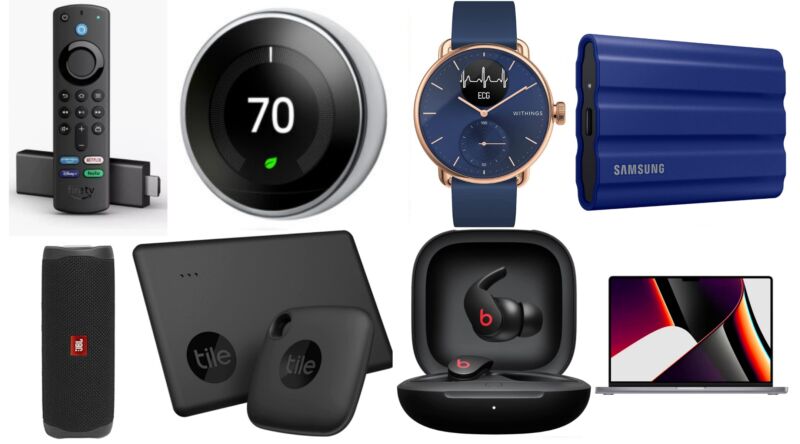While Russia’s “relentless digital assaults” on Ukraine might seem less damaging than anticipated, the attacks actually focused on a different goal with “chilling potential consequences,” reports the Associated Press. “Data collection.”
Even in an early February blog post, Microsoft said Russia’s intelligence agency had tried “exfiltrating sensitive information” over the previous six months from military, government, military, judiciary and law enforcement agencies.
The AP reports:
Ukrainian agencies breached on the eve of the February 24 invasion include the Ministry of Internal Affairs, which oversees the police, national guard and border patrol. A month earlier, a national database of automobile insurance policies was raided during a diversionary cyberattack that defaced Ukrainian websites. The hacks, paired with prewar data theft, likely armed Russia with extensive details on much of Ukraine’s population, cybersecurity and military intelligence analysts say. It’s information Russia can use to identify and locate Ukrainians most likely to resist an occupation, and potentially target them for internment or worse.
“Fantastically useful information if you’re planning an occupation,” Jack Watling, a military analyst at the U.K. think tank Royal United Services Institute, said of the auto insurance data, “knowing exactly which car everyone drives and where they live and all that.”
As the digital age evolves, information dominance is increasingly wielded for social control, as China has shown in its repression of the Uyghur minority. It was no surprise to Ukrainian officials that a prewar priority for Russia would be compiling information on committed patriots. “The idea was to kill or imprison these people at the early stages of occupation,” Victor Zhora, a senior Ukrainian cyber defense official, alleged…. There is little doubt political targeting is a goal. Ukraine says Russian forces have killed and kidnapped local leaders where they grab territory….
The Ukrainian government says the Jan. 14 auto insurance hack resulted in the pilfering of up to 80% of Ukrainian policies registered with the Motor Transport Bureau.
But the article also points out that Ukraine also “appears to have done significant data collection — quietly assisted by the U.S., the U.K., and other partners — targeting Russian soldiers, spies and police, including rich geolocation data.”
Serhii Demediuk [deputy secretary of Ukraine’s National Security and Defense Council] said the country knows “exactly where and when a particular serviceman crossed the border with Ukraine, in which occupied settlement he stopped, in which building he spent the night, stole and committed crimes on our land.”
“We know their cell phone numbers, the names of their parents, wives, children, their home addresses,” who their neighbors are, where they went to school and the names of their teachers, he said.
Analysts caution that some claims about data collection from both sides of the conflict may be exaggerated. But in recordings posted online by Ukrainian Digital Transformation Minister Mikhailo Fedorov, callers are heard phoning the far-flung wives of Russian soldiers and posing as Russian state security officials to say parcels shipped to them from Belarus were looted from Ukrainian homes.
In one, a nervous-sounding woman acknowledges receiving what she calls souvenirs — a woman’s bag, a keychain.
The caller tells her she shares criminal liability, that her husband “killed people in Ukraine and stole their stuff.”
She hangs up.
Read more of this story at Slashdot.
Source: Slashdot – How Russians – and Ukranians – are Using Stolen Data










